Romaine Quinn Wisconsin State Senator (District 25) | Romaine Quinn Wisconsin State Senator (District 25)
Romaine Quinn Wisconsin State Senator (District 25) | Romaine Quinn Wisconsin State Senator (District 25)
According to the Wisconsin State Legislature's official website, the bill was described as follows: "creating a rural creative economy development grant program. (FE)".
The following is our breakdown, based on the actual bill text, and may include interpretation to clarify its provisions.
In essence, the bill establishes a rural creative economy development grant program administered by the Wisconsin Economic Development Corporation (WEDC). It mandates WEDC to provide grants up to $50,000 on a competitive basis to local governments, American Indian tribes, economic development, and nonprofit organizations for projects aimed at enhancing tourism and community development in rural Wisconsin areas. Eligible activities include promoting creative enterprises, public arts, or public spaces, with applications requiring clear goals and outcomes. Grant recipients must match the amount with nonstate funds; in-kind contributions are restricted to 25% of the match. WEDC is tasked with reporting the program’s effectiveness to the Joint Committee on Finance by May 1, 2027.
The bill was co-authored by Representative Todd Novak (Republican-51st District), Senator Brad Pfaff (Democrat-32nd District), Senator Mark Spreitzer (Democrat-15th District), Senator Rachael Cabral-Guevara (Republican-19th District). It was co-sponsored by Representative Clinton M. Anderson (Democrat-45th District), Representative David Armstrong (Republican-67th District), and Representative Mike Bare (Democrat-80th District), along 19 other co-sponsors.
Romaine Robert Quinn has authored or co-authored another 23 bills since the beginning of the 2025 session, with none of them being enacted.
Quinn graduated from the University of Wisconsin at Green Bay in 2014 with a BA.
Quinn, a Republican, was elected to the Wisconsin State Senate in 2023 to represent the state's 25th Senate district, replacing previous state senator Janet Bewley.
In Wisconsin, the legislative process starts when a senator, constituent, group, or agency proposes an idea for a bill. After drafting, the bill is introduced, numbered, and referred to a committee for review and public input. If approved, it moves through three readings and votes in both the Senate and Assembly. Once both chambers pass the same version, the bill goes to the governor, who can sign it, veto it, or let it become law without a signature. Only a small share of bills introduced each session ultimately become law. You can learn more about the Wisconsin legislative process here.
| Bill Number | Date Introduced | Short Description |
|---|---|---|
| SB173 | 04/03/2025 | Creating a rural creative economy development grant program. (FE) |
| SB172 | 04/03/2025 | Prohibiting filing or recording contracts for services or materials that do not improve real estate and providing a penalty. (FE) |
| SB166 | 03/27/2025 | Consumer data protection and providing a penalty. (FE) |
| SB158 | 03/27/2025 | County forest administration grant eligibility |
| SB119 | 03/07/2025 | Positions for the Office of School Safety. (FE) |
| SB56 | 02/21/2025 | The use of federal capitalization grant funds for lead service line replacement. (FE) |
| SB41 | 02/12/2025 | School safety grants and making an appropriation. (FE) |
| SB18 | 02/05/2025 | Changes to the educational assessment program and the school and school district accountability report. (FE) |
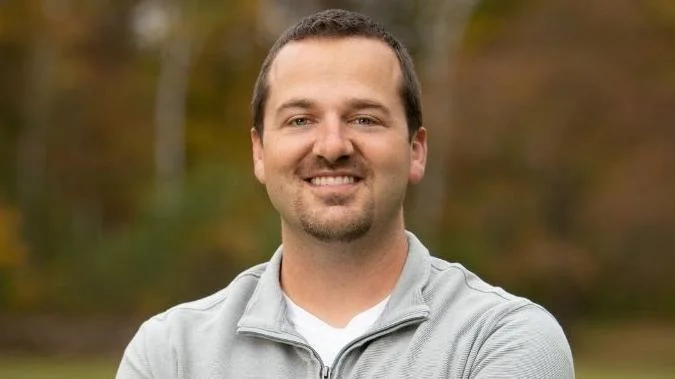
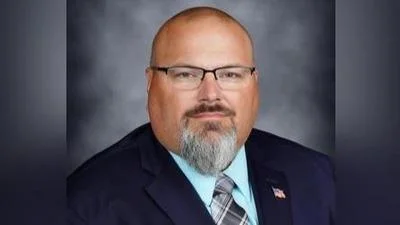
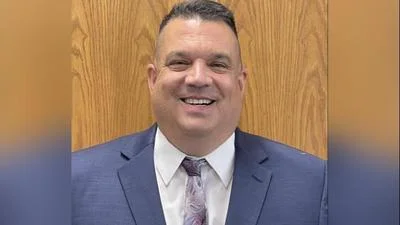
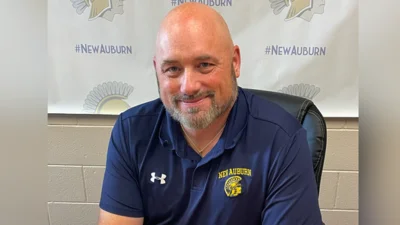
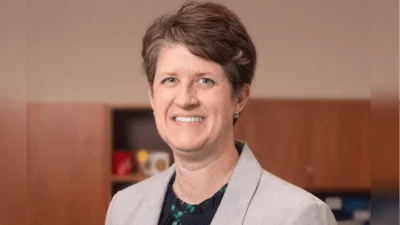
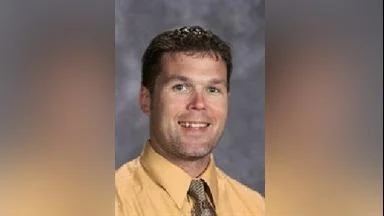
 Alerts Sign-up
Alerts Sign-up